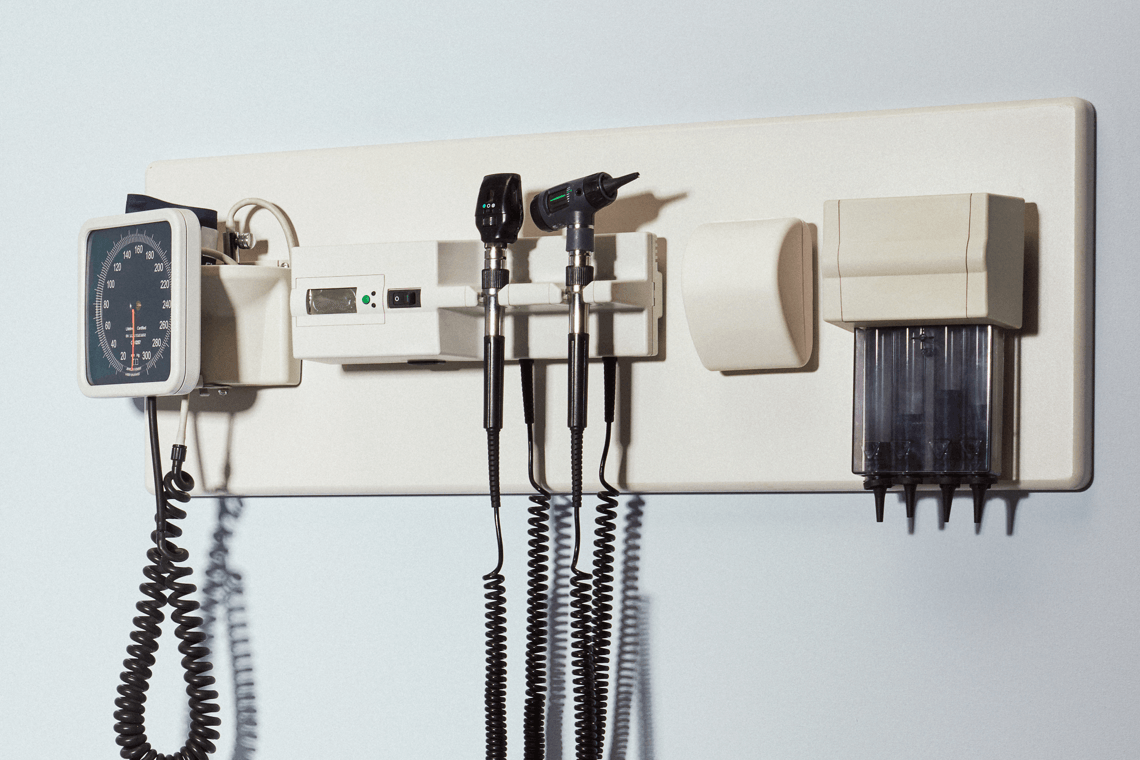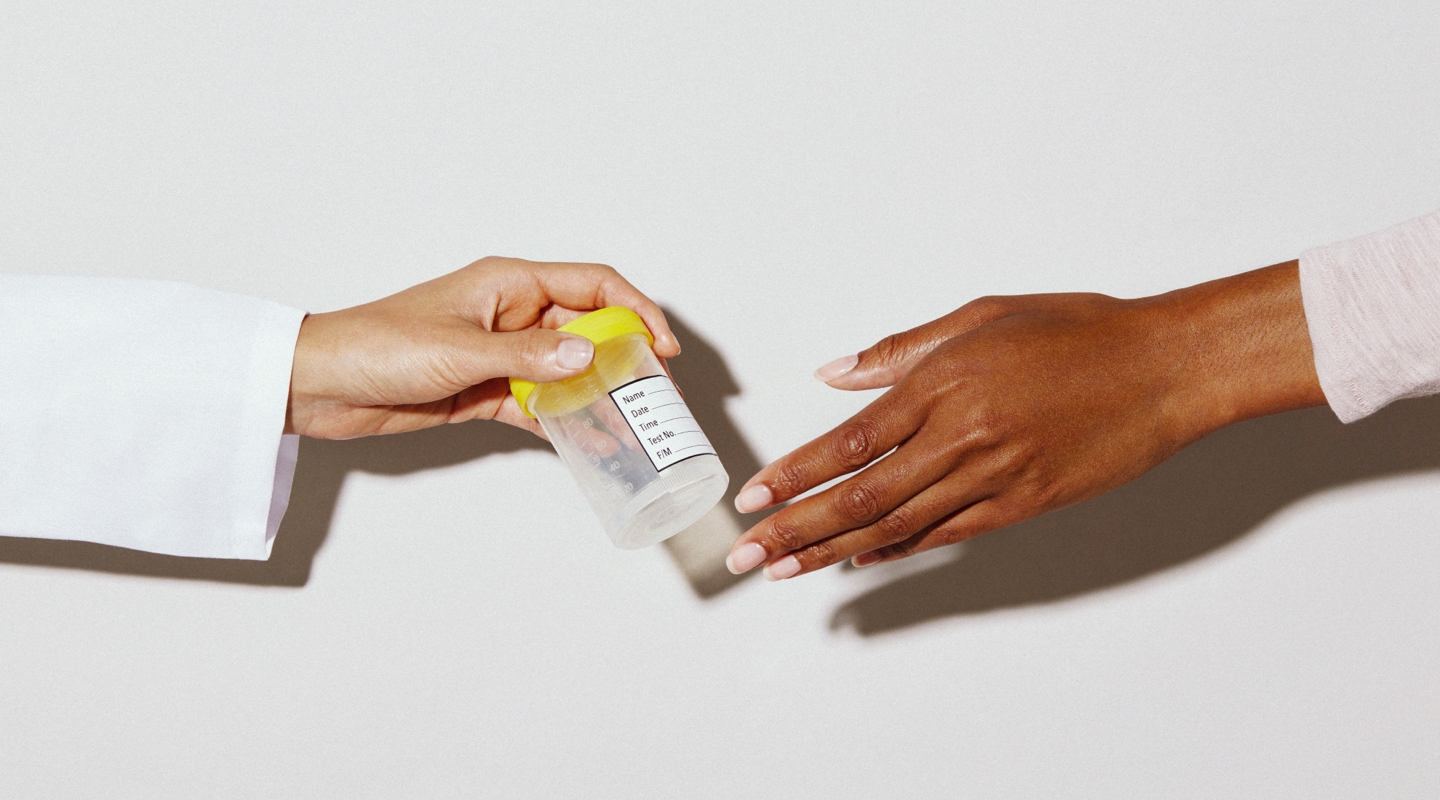WHAT IS LUPUS?
Lupus is a serious and chronic disease in which the immune system (which fights off disease-causing germs such as bacteria and viruses) attacks healthy cells of the body.
Lupus can affect many parts of the body, including the joints, skin, brain, heart, lungs, and kidneys. When it affects the kidneys, it's called lupus nephritis. The symptoms of lupus nephritis aren't always noticeable, but they are serious.








